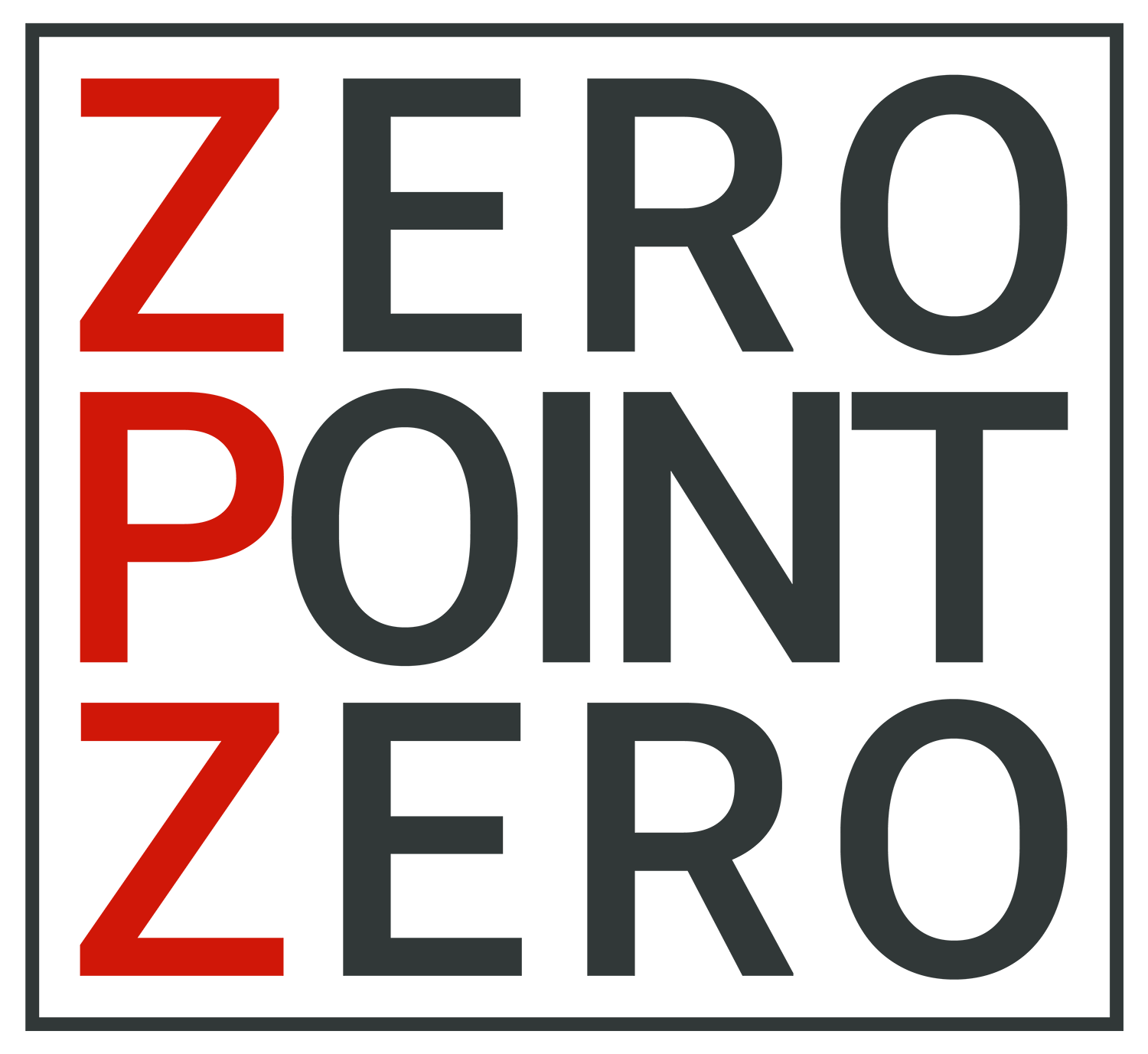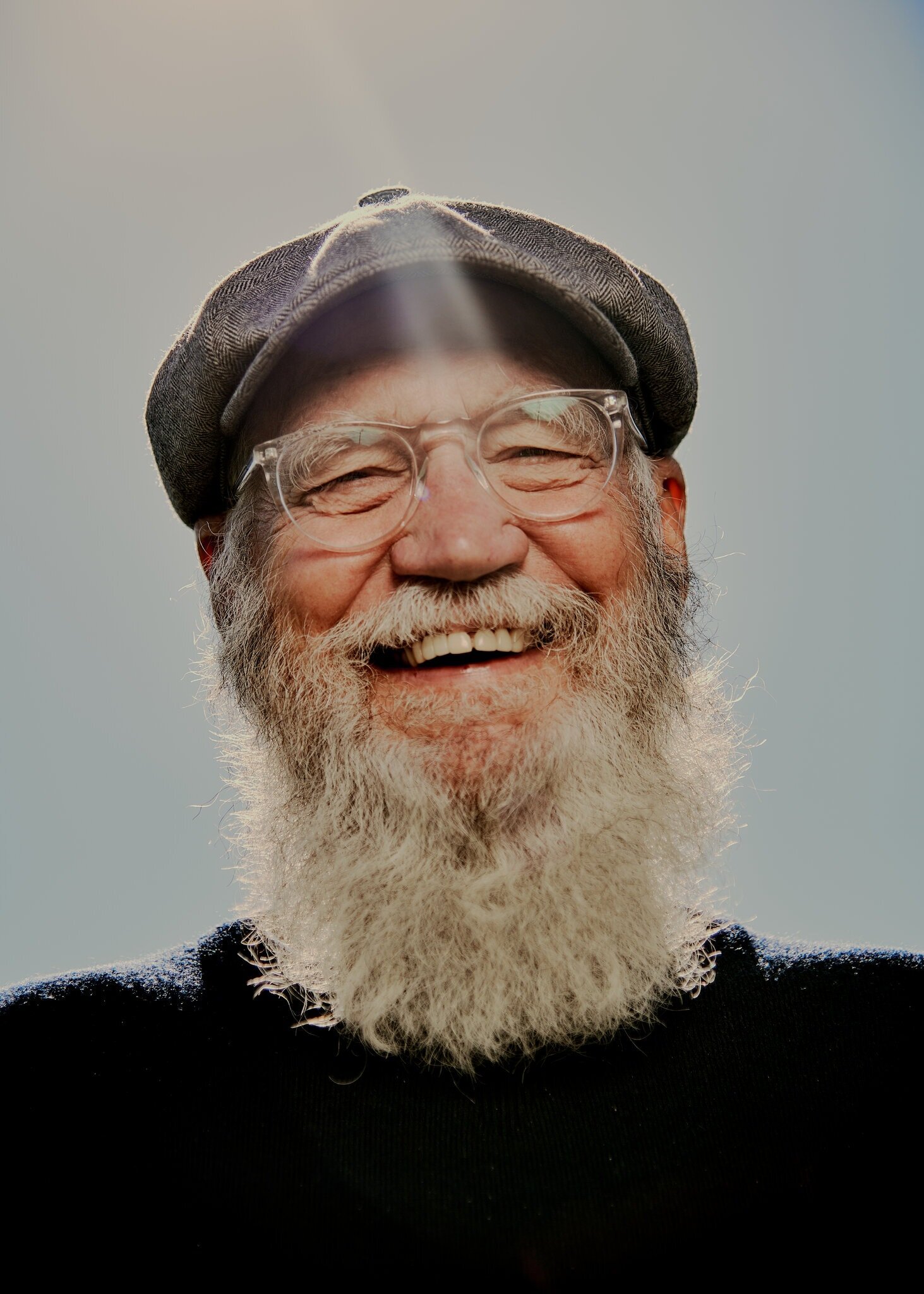NYT: David Letterman Isn’t Here to Cheer You Up This Time
The veteran TV host is back with more episodes of his Netflix interview series and a perspective that has been altered by the coronavirus pandemic.
TARRYTOWN, N.Y. — A few days after the terrorist attacks of Sept. 11, 2001, David Letterman sat behind his desk at CBS’s “Late Show” and shared the story of a rally in Choteau, Mont., to raise money for New York. Getting choked up, he told his viewers, “If that doesn’t tell you everything you need to know about the spirit of the United States, then I can’t help you.”
Nineteen years later, with the country in the midst of a monthslong pandemic, Letterman found it difficult to conjure up any similarly inspiring anecdotes. One morning last week, this veteran late-night host, broadcaster and comedian, now 73, was sitting in a park here, contemplating the Hudson River and cracking wise about the Governor Mario M. Cuomo Bridge.
“It looks kind of unfinished,” he said through a fabric mask that barely held back his unruly beard. “Doesn’t it look like the new kid got to design it?”
But truth be told, Letterman was in a more melancholy than mirthful frame of mind. Though he, his wife, Regina, and their son, Harry, have remained safe, he knows several people who were stricken by coronavirus, some of whom died from it. And he is deeply frustrated by what he feels have been inconsistent, nationwide efforts to inform people about the pandemic and mitigate its spread.
While hardly its most devastating casualty, the coronavirus also nearly put a halt to Letterman’s Netflix interview show, “My Next Guest Needs No Introduction,” which returns on Wednesday. He had recorded two episodes, with Kim Kardashian West and with Robert Downey Jr., before the pandemic, and believed the season — if not the series — was finished.
Instead, he was able to produce two more episodes over the summer, under substantially different circumstances: one with Dave Chappelle, which was recorded at an outdoor pavilion in Yellow Springs, Ohio; and one with Lizzo, at her home studio in Los Angeles, which had no audience at all.
For Letterman, each of these episodes offered him a further education in the evolution of entertainment and deeper insights as an interviewer and observer of human nature. Even so, he found himself yearning for what he called “the carefree days of nonsense” when he could “bring people into a theater and talk to them for an hour, and when we were done I would go out into the crowd and shake hands, and everybody would want to tongue-kiss me.”

